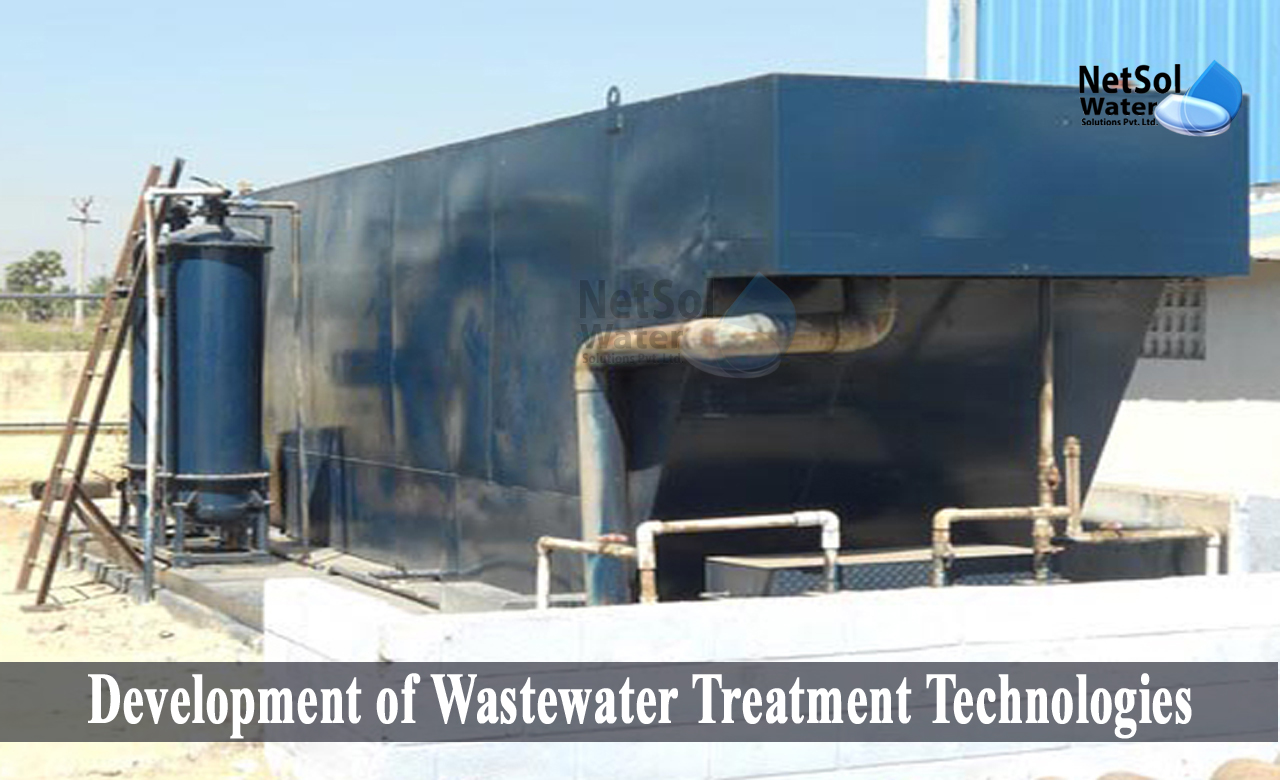How to develop Wastewater Treatment Technologies?
Wastewater treatment systems have advanced significantly, much like every other technology in the twenty-first century.
In this post, we'll talk about how these wastewater treatments have changed over the past few hundred years. We'll also talk about how these treatments have improved, or how they've helped both the general population (by providing better treated water), and the businesses (for being able to treat water more efficiently).
Treatments from the prior century
The treatment procedures in place before the 19th century, particularly in metropolitan areas, were not advanced or complicated. The "treatment of wastewater" frequently consisted of little more than collecting the waste in the middle of an urban road, and then dumping it into a cesspool because the systems weren't centralized.
Due to exposure to airborne and waterborne germs and viruses, it is inevitable in an urban environment that such waste collecting techniques, caused the locals to experience a wide range of illnesses. Additionally, because there was little or no treatment for these illnesses, many people perished from them.
Around the middle of the 19th century until the 1990s
Water treatment systems, particularly in urban areas, began to be centralized. There were several causes for this centralization, but the following were the main ones:
1: There was some hint as to why the cesspools were spreading sickness throughout the community.
2: The public outcry after the nature of disease was better understood, made it necessary to make these modifications to urban planning.
3: Simply put, it was either to execute these remedies or risk having diseasesannihilate the entire population.
From the middle of the 19th century until the 1990s, many wastewater treatment methods were essentially unchanged.
Current wastewater management
The technology used in wastewater treatment now is far more advanced, than it was in earlier times. In comparison to previous years, many centralized treatments are now managed by computer systems, and are therefore operated more cost-effectively for both enterprises and towns.
The decentralized solutions are useful in non-urban settings. In the long run, they also save money for these rural settings.
Last, but certainly not least, one must keep in mind that, even septic systems have significantly changed since the middle of the 19th century. In particular, improvements in bio-filtration and packed-bed filtration have promoted the growth of non-urban, decentralized wastewater systems.
Conclusion
The wastewater treatment systems in use now are far superior to those from the past, and as new technology and innovations are created, they will continue to benefit people while upholding a healthier environment for everyone.
Choose the best manufacturers of wastewater treatment plants in India
Wastewater can be returned to its original, unadulterated state of water with Netsol Water, making it safe for the environment. We are committed to providing high-performing treatment plants with minimal energy usage,and various recycling technologies, to assist enterprises with their treatment requirements.
We are one of the top producers of wastewater treatment systems in India. We have earned a reputation for providing top-notch service and solutions, which helps our clients lower operating expenses and increase the life of their equipment.
Netsol Water is Greater Noida-based leading water & wastewater treatment plant manufacturer. We are industry's most demanding company based on client review and work quality. We are known as best commercial RO plant manufacturers, industrial RO plant manufacturer, sewage treatment plant manufacturer, Water Softener Plant Manufacturers and effluent treatment plant manufacturers. Apart from this 24x7 customer support is our USP. Call on +91-9650608473, or write us at enquiry@netsolwater.com for any support, inquiry or product-purchase related query.



